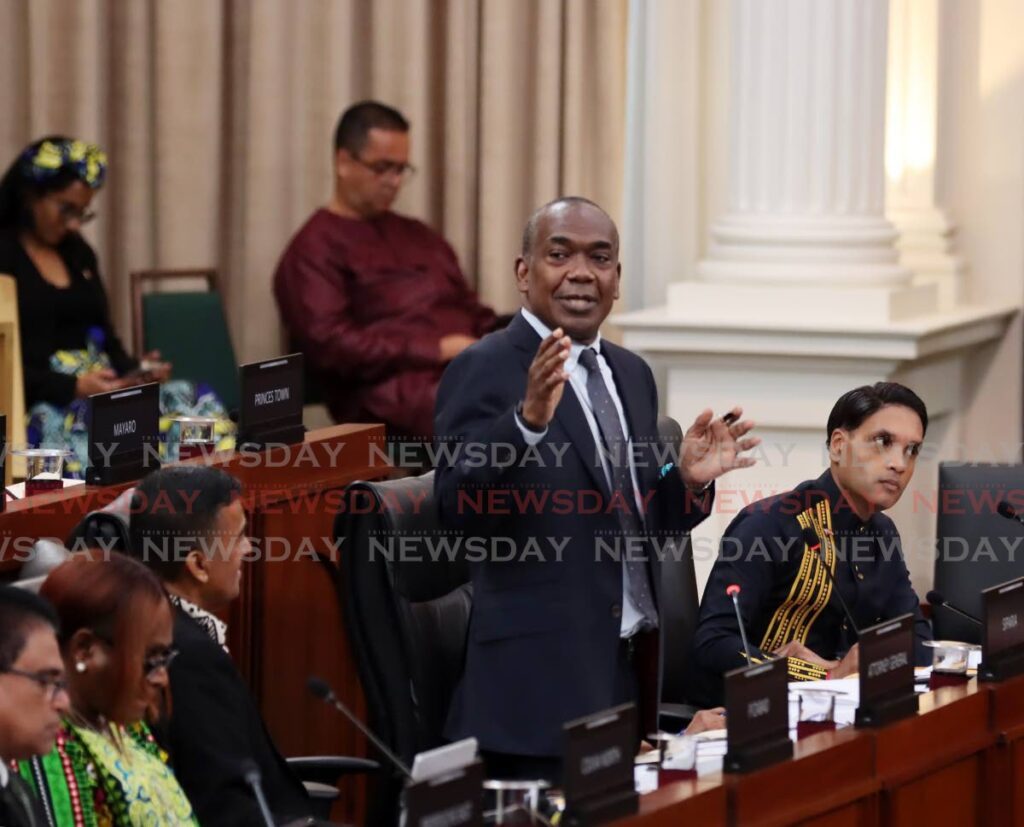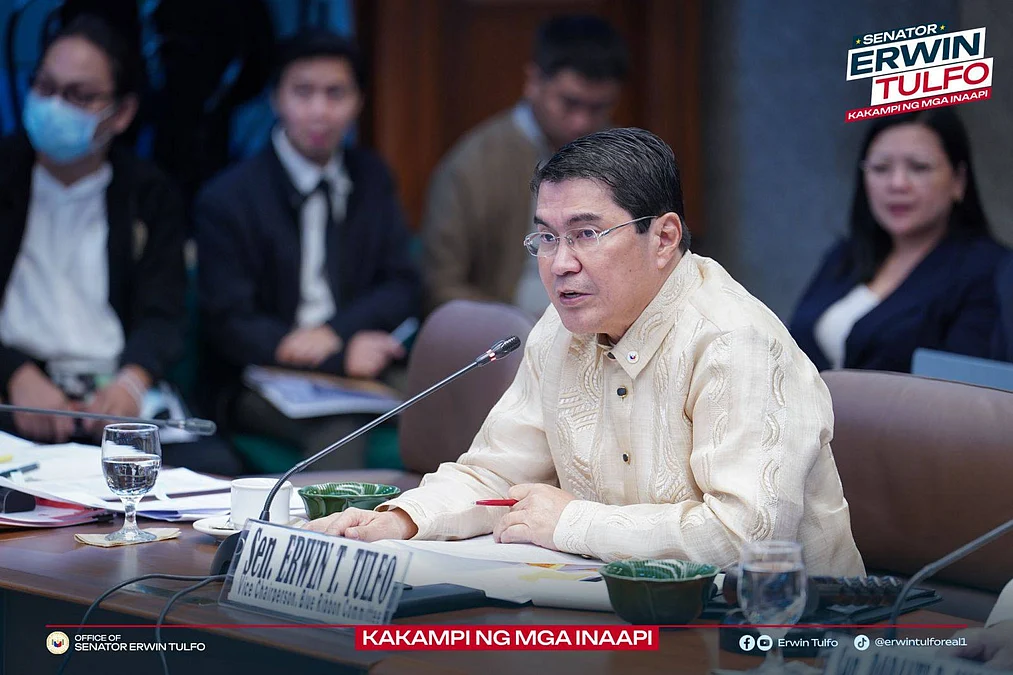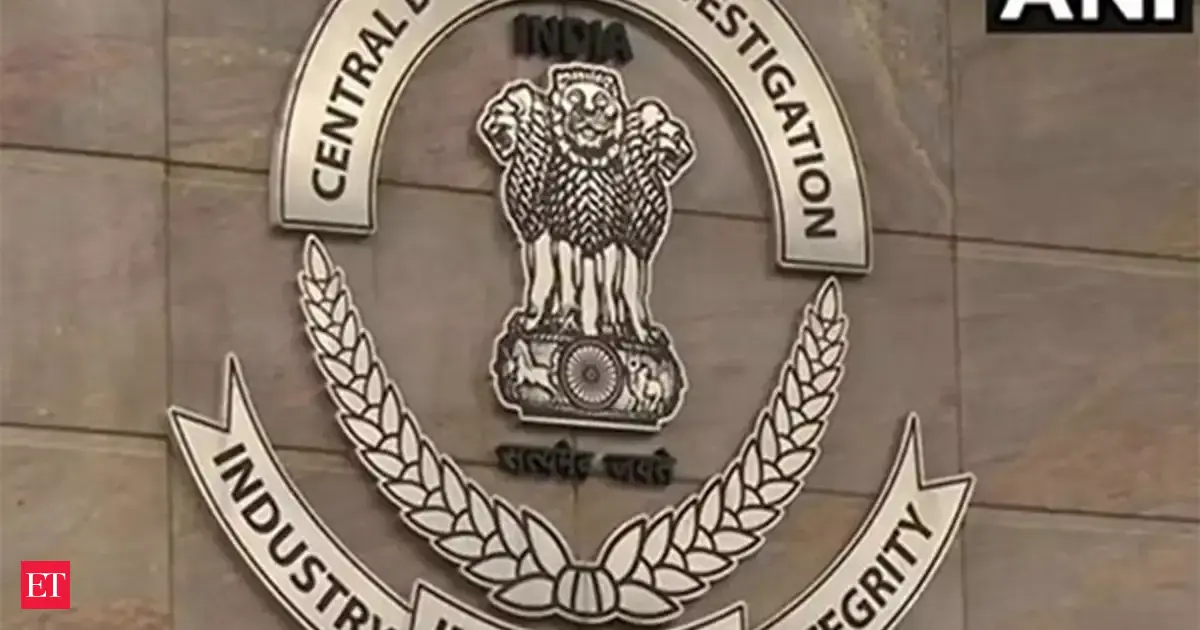By Jada Loutoo
Copyright newsday

The Industrial Court has dismissed a complaint by the Steel Workers’ Union (SWU) against the Desalination Company (Desalcott) over action taken during the height of the covid19 pandemic.
In a ruling on September 26, the court’s vice president, Hubert Soverall and chairman of its Essential Services Division, Larry Achong, unanimously held that Desalcott did not commit an offence in enforcing pandemic-related measures.
Court member Gregory Rousseau disagreed. Desalcott was represented by Senior Counsel, now Attorney General John Jeremie, Imran Ali and Anisa Kallap. Senior Counsel Gilbert Peterson and Gretel Baird represented the union.
In deciding the case, Soverall held that Desalcott was acting under existing laws and government directives, with little choice but to comply as the situation evolved.
He noted that Desalcott acted in the interest of all workers and the wider community, making genuine efforts to follow the law despite rapidly changing regulations.
He also found that there was no intention to force or compel workers to accept any conditions and that criminal intent was not present in the decision.
The case centred around the alleged failure by Desalcott to employ three workers. The union contended this was done to induce and compel them to take the covid19 vaccines in 2021. It also argued that the workers were put on a rotation schedule without identifying a return date.
However, Soverall said, “In light of the peculiar circumstances of this case, the employer cannot be said to have acted on its own volition.
“The peculiar circumstances would have been dictated by the existing law and Government policy, expert knowledge and reliable information governing the pandemic.
“An employer would have been left with no choice but to comply with the relevant laws legislated by the Government to address the pandemic.”
He acknowledged the fluidity of the situation at the time, with regulations being amended and updated frequently, saying it left the company “with little or no time to react and implement the law as proclaimed from time to time.”
“The employer had to act as the situation demanded and warranted. No one could have contemplated what would happen next; it was merely a question of complying with the law, to some extent blindly.
“The uncertainty of the situation made it that much more difficult and even misunderstood.”
In concluding that Desalcott’s actions were reasonable, honest and consistent with good industrial relations practices, Soverall said it would be “unfair and unjust to ascribe blame to an employer in those circumstances, given that he was only complying with the existing laws.”
“The employer’s action may not have been proper, but it had to act in the interest of all the workers, including those in question, and of the community as a whole, in light of the nature of its business and of its own operations.
“In the circumstances, the employer would have acted as best as he could and would have made a genuine attempt to have all the workers and, itself, comply with the law.
“To do otherwise, the employer and its workers would have been exposing themselves to the sanctions emanating from the law and by that token, committing an unlawful! and illegal act, and being subject to the punishment stipulated.
“To say that the hands of the employer were tied is an understatement considering the deleterious nature of the situation.”
He said from the evidence, it was clear that Desalcott had no intention to induce, compel or force the worker, but was only following the ever-changing pandemic laws at the time.



